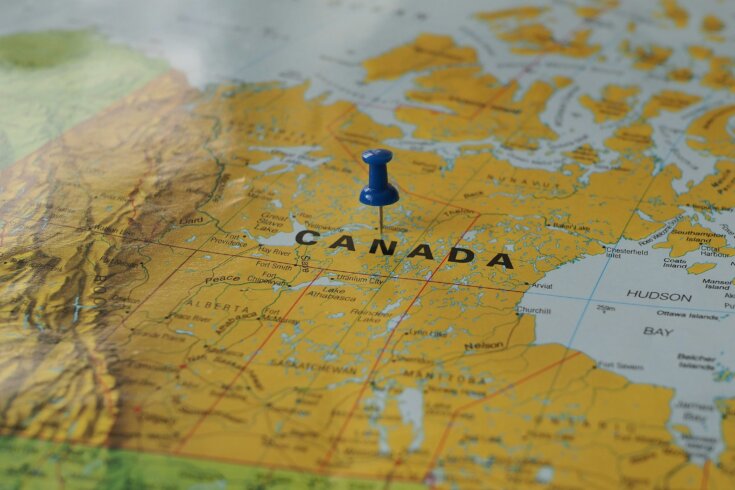A national media organization proves its worth by how well it tells local stories. Over the past three years, The Walrus has worked hard to live up to that standard.
We’ve covered the rising cost of living in Atlantic Canada, a historic election in British Columbia, and the political calculus of Saskatchewan premier Scott Moe. We’ve investigated the cruise ship industry’s quiet push into Lake Superior, followed Montreal’s bold experiment with car-free streets, and exposed the failures of emergency shelters in Whitehorse. We interrogated the threat of invasion by China or Russia into the Canadian Arctic, wrote the first major feature about a mysterious brain disease in New Brunswick, and praised traffic roundabouts in Travellers Rest, PEI.
The goal? To bridge the gap between national conversations and the lived realities of people in cities and towns across the country. Remarkably, these pieces aren’t just reaching their local communities; they’re resonating with readers from coast to coast to coast. That matters. At a time when local news is being hollowed out—eroding civic engagement and fuelling polarization—the appetite for stories that connect people in Canada to one another has never been stronger.
To meet that demand, The Walrus is launching a new initiative dedicated entirely to local reporting.
With support from The Chawkers Foundation—the founding donor of The Walrus—we are building a network of six regional bureaus: the West (British Columbia and Alberta), the North (Yukon, Northwest Territories, and Nunavut), Atlantic Canada (Nova Scotia, New Brunswick, Newfoundland, and PEI), the Prairies (Saskatchewan and Manitoba), Ontario, and Quebec.
The first three bureaus will launch this year, with the remaining set to follow in 2026.
Leading this effort are our inaugural correspondents: Rhiannon Russell will report from the North, Christina Frangou will cover the West, and Trevor Corkum will bring stories from the Atlantic region.
These three acclaimed and experienced journalists will be tasked with bringing local perspectives to our national and international platform, lifting regional issues which have broader significance. Their first stories will debut this month.
Bureaus for the Prairies, Ontario, and Quebec will launch next year.
This initiative isn’t just about expanding coverage. It’s about going deeper. Tracking what’s happening in our communities is only the first step; the real challenge is making sense of why it matters for the country as a whole. Because, at a time of upheaval and uncertainty, the strength of Canada’s national project depends on how well we understand the forces shaping it from the ground up.
If we want better conversations about where we’re headed, we need better reporting on where we are. That’s the role The Walrus is ready to play.





